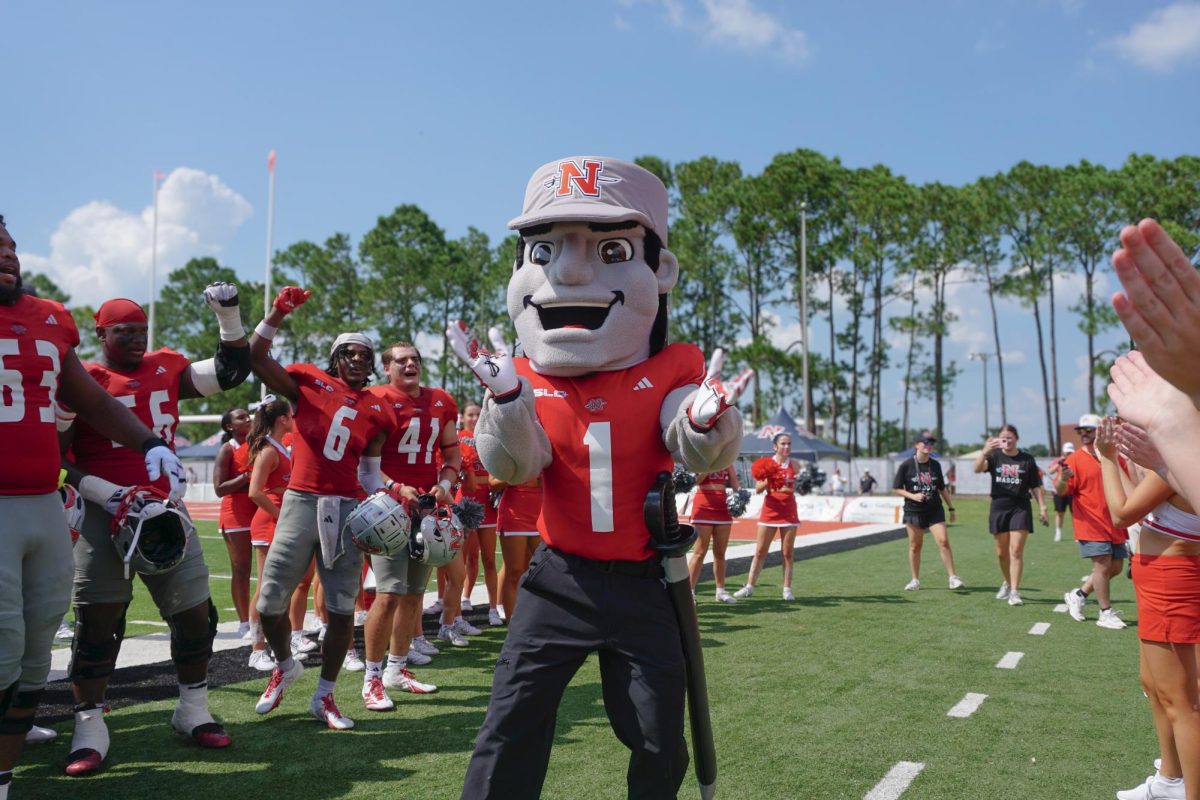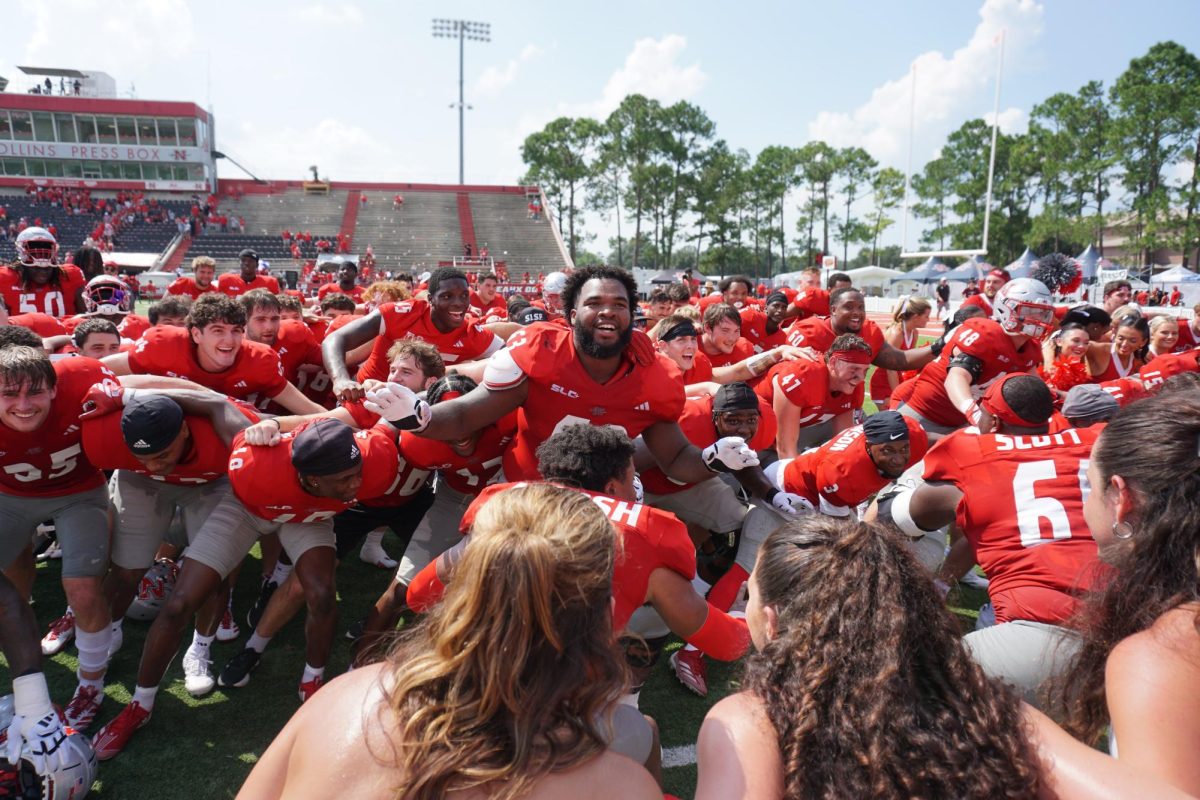Peer Education is a student services organization in which the students involved educate other students, or “peers,” about various social issues relevant to college students.
Peer Education strives to give students straightforward, factual information to make students more aware of the consequences of their choices and to give them advice on how to avoid dealing with potentially undesirable consequences.
According to Liz Folse, graduate assistant and student director of Peer Education, the organization has several different methods of reaching students. Awareness activities such as information booths in the Student Union are one medium used to relay what the organization feels is valuable information to the students. For instance, several weeks ago Peer Education sponsored “Sexual Awareness Week.”
“We’re more interested in putting out information to (students) for them to make healthy choices,” Folse said. “We’re not telling them, ‘You’re wrong if you do this.’ We’re telling them, ‘If you do this, this is possibly what could happen to you.'”
Another means of outreach are the educational teams that go around campus doing presentations about topics applicable to collegiate life. There are a few educational presentations planned for the coming months. On Monday, Peer Education will be sponsoring “Healing the Harm,” a sexual awareness presentation about surviving sexual assault, in Ellender Hall. In November, there will be a presentation about sexually transmitted diseases for students enrolled in freshmen studies classes.
“(Peer Education) is a very important component on a college campus,” Melissa Dyson, coordinator for Peer Education and Health Education, said. “Research bares out that (students) learn through peers; it also bares out those most affected by Peer Education are the peer educators themselves. Through this organization, we can open up the eyes of both members and students on the college campus to alternatives in dealing with social issues that come up or healthy ways to respond to those issues. That’s our purpose.”
“A lot of times we don’t necessarily reach everybody,” Folse said. “But the people we do reach are really affected by what we do. I think that it’s more important than having other things made to be fun. What we do is provide education. We do things that are fun, but some of the things that we talk about are not necessarily fun issues.”
The Peer Education program is funded through the award of one dollar per student during the fall and spring semester for those carrying seven or more hours. Fifty cents per student is charged during the summer session for students carrying four or more hours. This fee is included in tuition payments at the beginning of the semester. For this reason, dues are not necessary to become a member of the program.
Students interested in participating in or gaining more knowledge about the Peer Education Program can contact the Peer Education office via telephone at 448-4523 or visit the office located in the Student Government Association/Student Public Affairs building. All are welcome to attend Peer Education meetings, which take place every Thursday at 3 p.m. in room 133 of Beauregard Hall. Students who become involved can work at awareness tables, conduct and support presentations and give creative ideas.
“I think the purpose of (Peer Education) is noble,” Trey Southern, a government sophomore from Schriever, said. “But they shouldn’t hound people to listen to their gospel. If people want to be educated, they will listen; otherwise, it’s a lost cause.”
According to Dyson, peer educators will gain knowledge that will strengthen their ability to respond to issues beyond what they face today on college campuses; once students leave college and go on with their lives, the information that they have gained can be life-changing and strengthen their ability to better handle stress and conflicts in a peaceful manner.
“(Being a peer educator helps students) to be better prepared for life,” Dyson said. “Also, I think that the knowledge of doing something that you feel is good is something that you can be proud of.”
A national Peer Education affiliate, Bacchus and Gamma, recently began an alumni association for members who were in Peer Education in college. According to Folse, the alumni association allows members to continue their memberships and connections with life-long friends.
“A lot of people just walk past our awareness tables, and they don’t know what we are,” Folse said. “We’re working this semester to change all of that: we’re doing more programs, we’re getting more members, and we’re getting up and running so that people know that we’re here and what we’re doing.”
Peer education serves students with educational and fun programs
Dustin Percle
•
October 23, 2003
0
More to Discover








